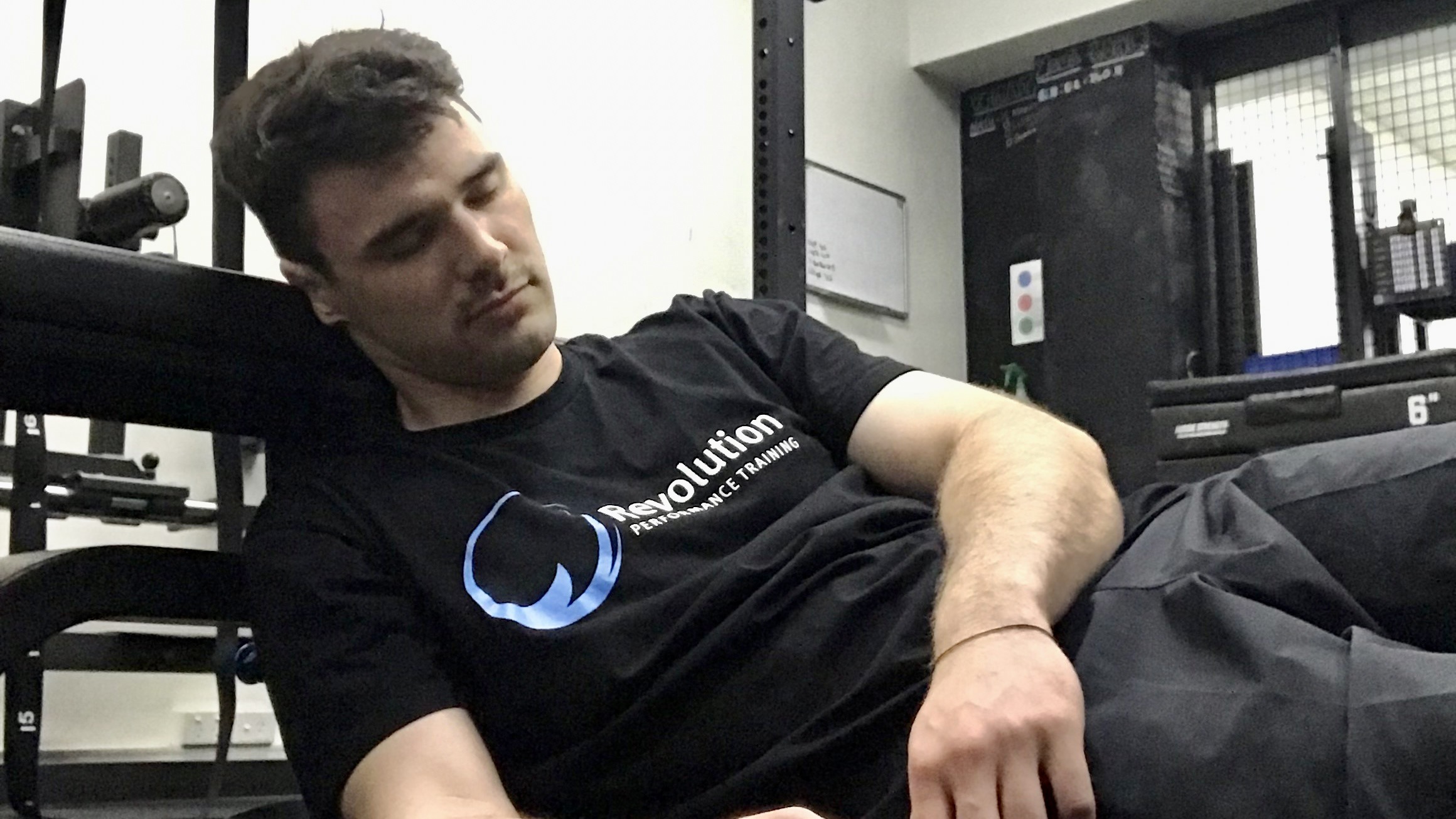
We’ve all had a poor nights sleep at some point in our life, just based on our personal experiences our
work day becomes tougher, our mood and tolerance is lowered and generally we fell sub par, but what is
performance and recovery effects of sleep.
accumulating evidence suggests that a sufficient sleep duration but even more importantly a improved
sleep quality in athletes is associated with improved performance. (1)
In addition, better sleep may reduce the risk of both injury and illness in athletes, obviously we always
want to lower our risk of injury and illness however, the down stream affect of this is further performance
increases via increased participation. (1)
How much are we sleeping ?
A South African study of more than 800 elite athletes found around 75% of participants reported sleeping
less than 8 h, while 11% reported sleeping less than 6h (2).
Comparatively sleep varies with age in the general population, see the table below (3)
Reasons for lack of sleep?
Hurdles include training, competition or work schedules, travel, stress, academic/work demands and a
lack of self awareness regarding sleep, these basic issues can be associated with athletes or the general
population (1,3). Bellow are the three major factors not related to sleep hygiene.
1. Adults who are obese (body mass index (BMI) ≥30) are at greater risk of short sleep and lower
sleep quality than those with a normal BMI. (3)
2. Adults with depression or anxiety are at greater risk of short or long sleep and are found to be
twice as likely to incounter two or more sleep problems vs those without depression or anxiety.
(3)
3. Lack of employment or over employment (beyond 30 hours per week) “so almost everyone” was
associated with a two times incidence in sleep reducution. (3)
Sleep hygiene Factors to consider for improving your sleep.
Stop doing work related to your job in the hour before bed, as this significantly decreases total
sleep more than those who do not do work related to their job before bed. (1,3)
Minimise your exposure to Artificial stimulus in the last hour before bed, these include such as
blue light from electronic devices, higher bedroom temperatures from the heater and urban noise
(1,3).
Decrease frequent or excessive alcohol consumption and smoking as these both have
correlations to poor sleep quality (1,3).
Increasing physical activity has a positive affect on sleep duration and particularly sleep quality
(1,3). For this make sure you’re coming to your PT and Class sessions at RevoPT! Low physical
activity.
Attempting to remedy sleep difficulties through caffeine consumption is directly linked with the
opposite result. (1,3)
Lastly the Big Rocks
1. Going to and waking from bed at the same time is the single most important factor in sleep quality
and duration. If you cant get to sleep in 15 minutes get out of bed and perform a rudimentary
task.
2. Napping does show positive result in repaying the sleep debt from a poor nights sleep, however
naps must be limited to 30 minutes and before the late afternoon.
3. Avoid the basic sleep hygiene issues, screens, sounds, stimulants.
References:
(1) – Bird SP. Sleep, recovery, and athletic performance. Strength & Conditioning Journal.
2013;35(5):43–7.
(2) – Watson AM. Sleep and athletic performance. Current Sports Medicine Reports. 2017;16(6):413–8.
(3) – Sleep problems as a risk factor